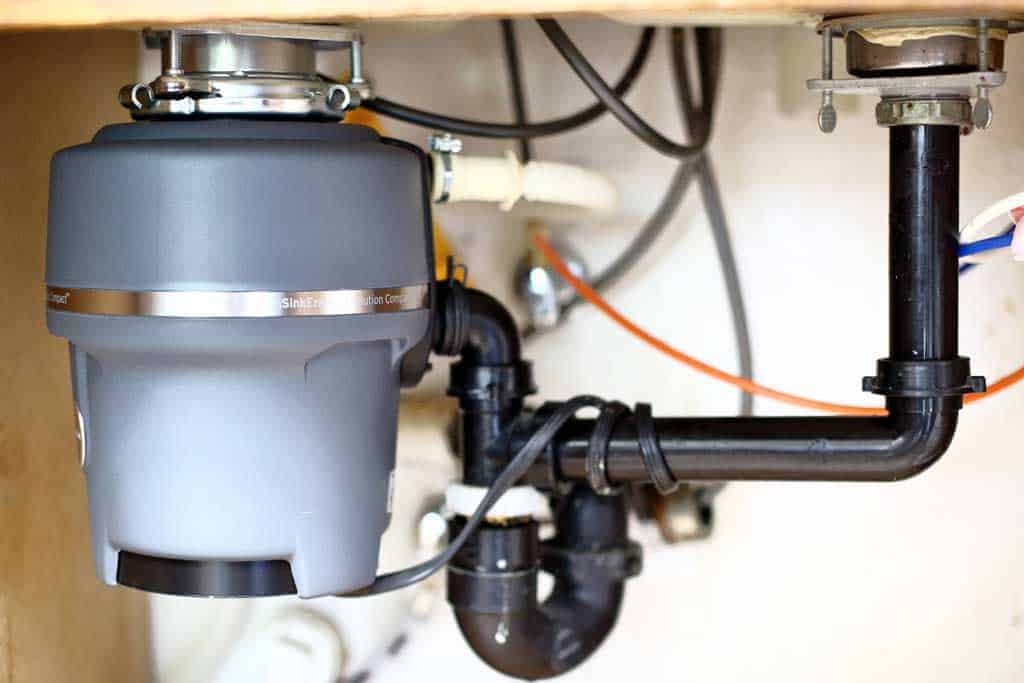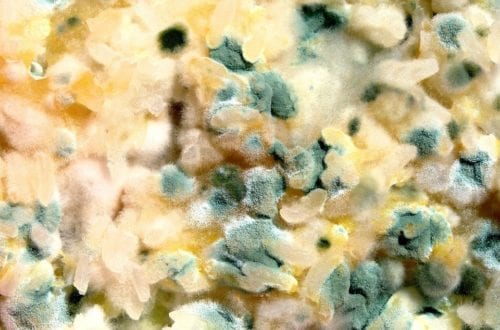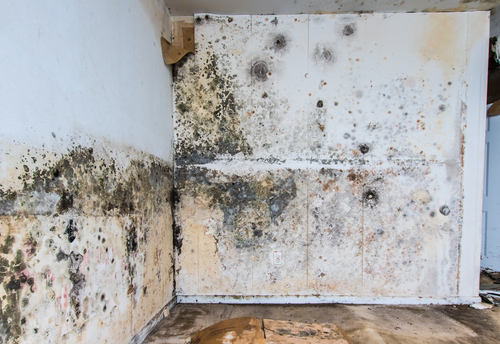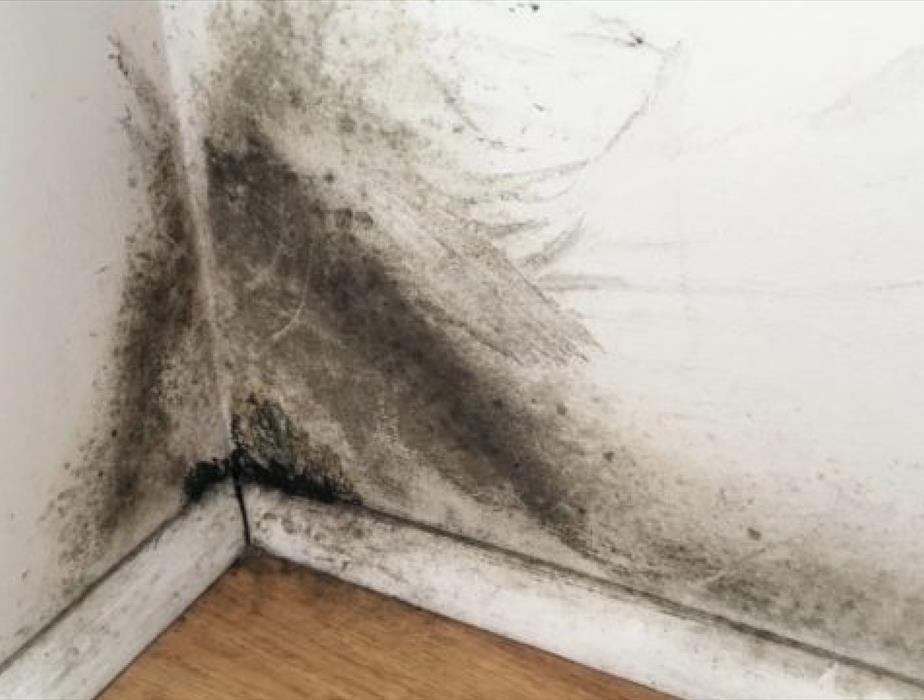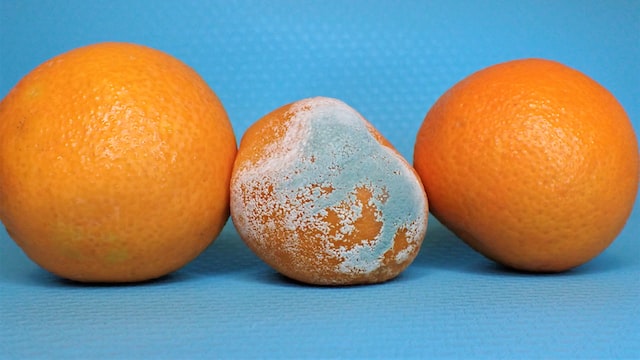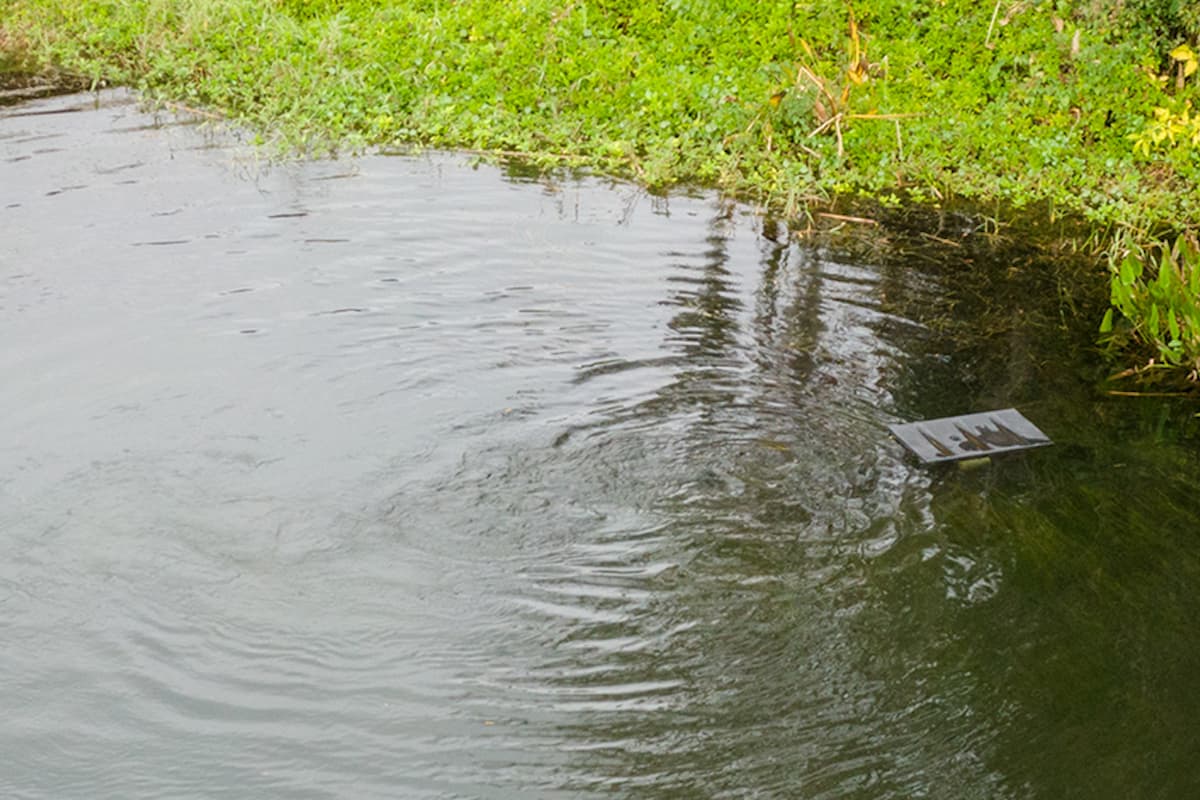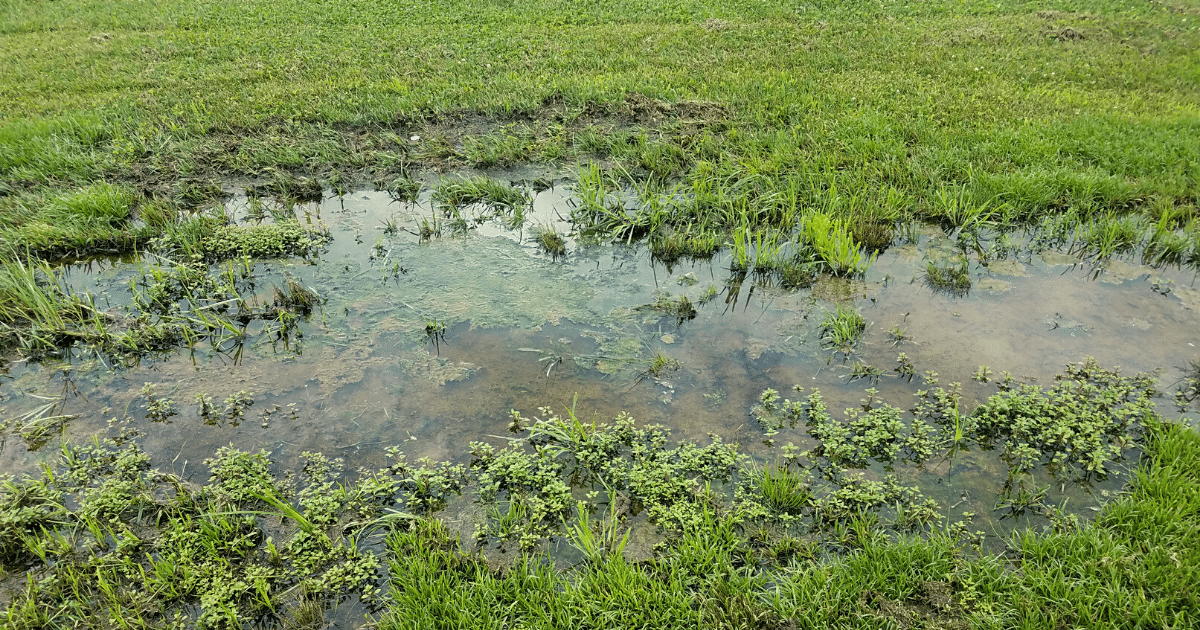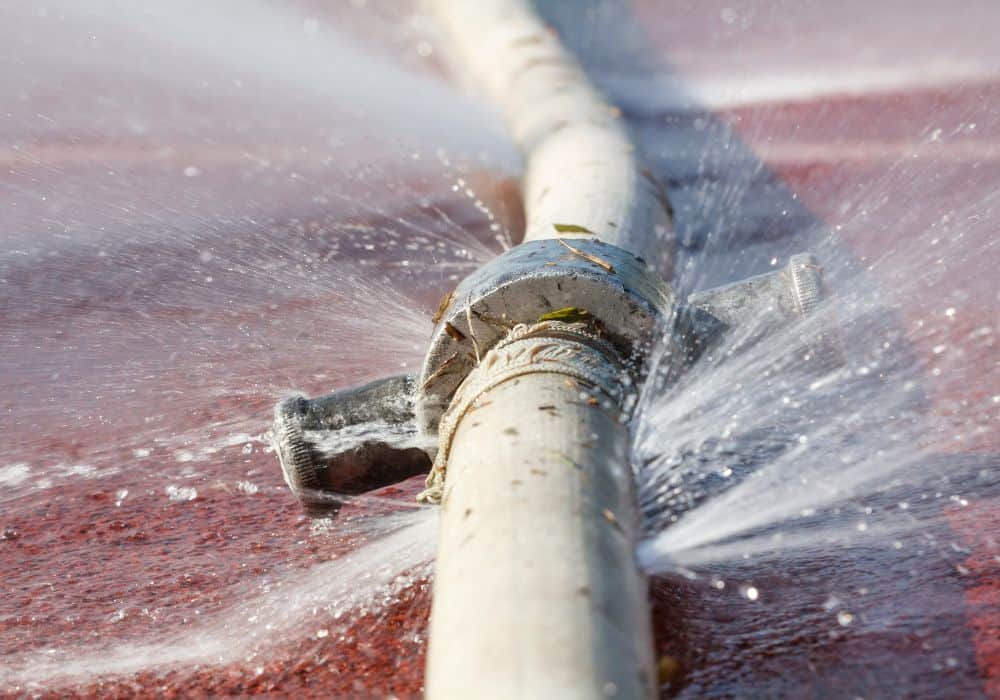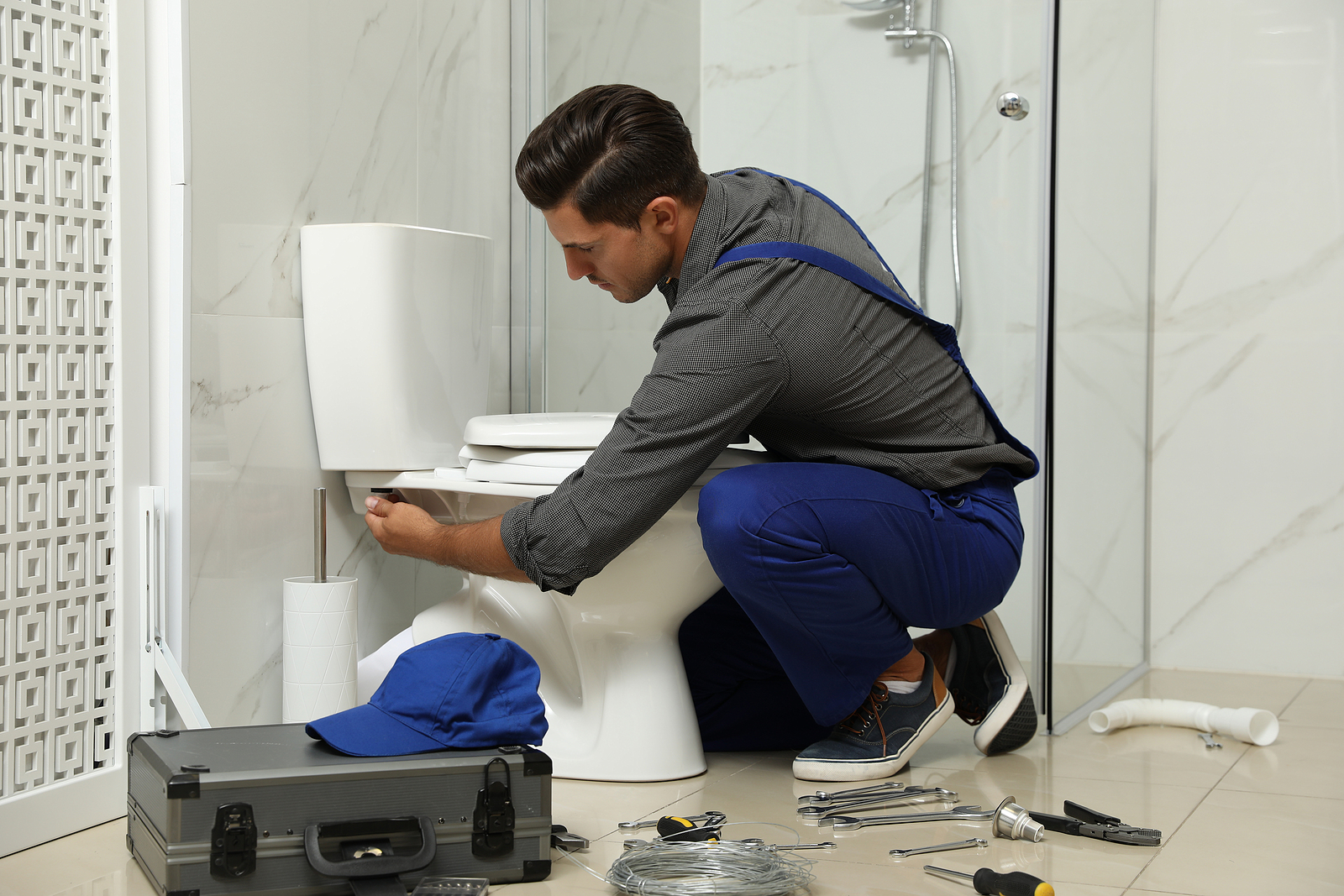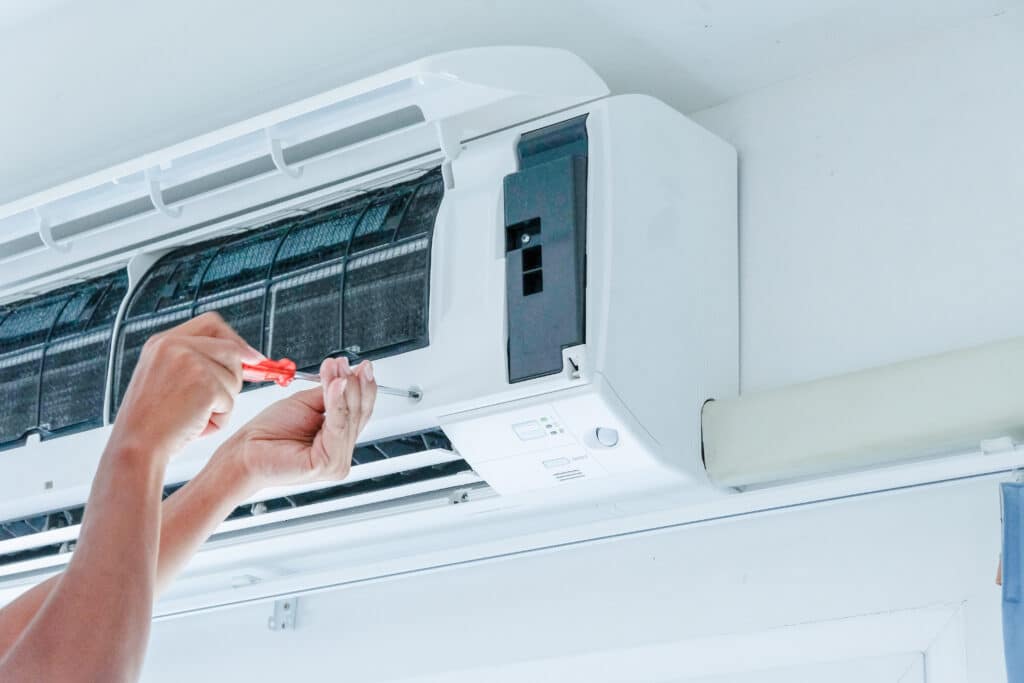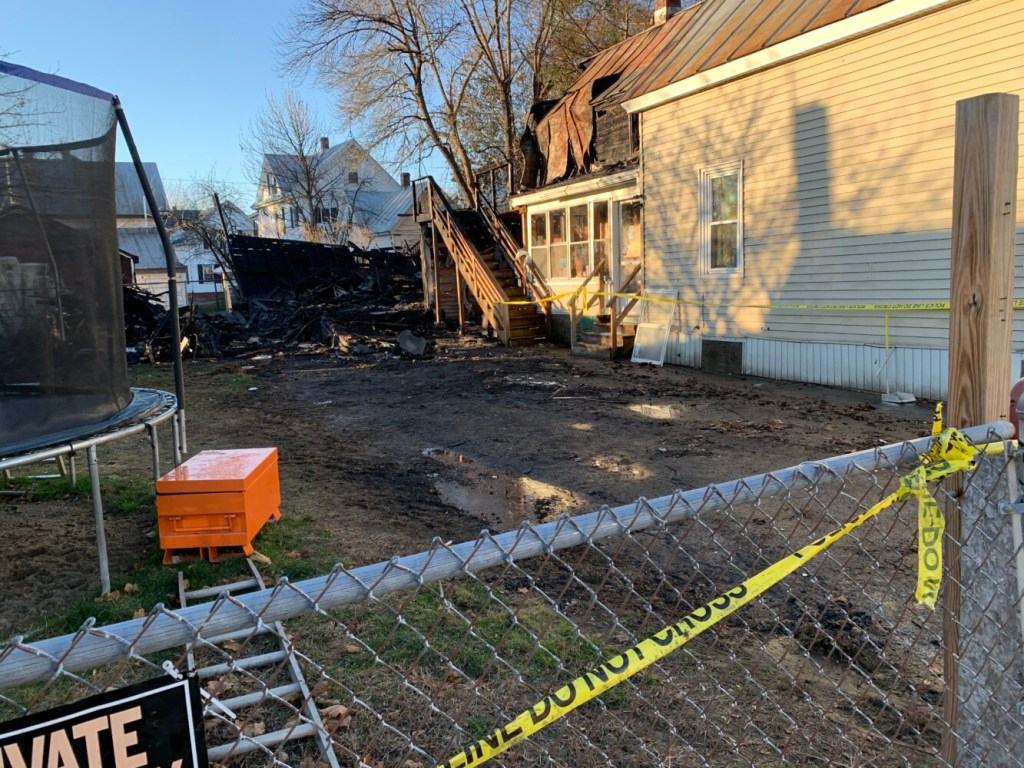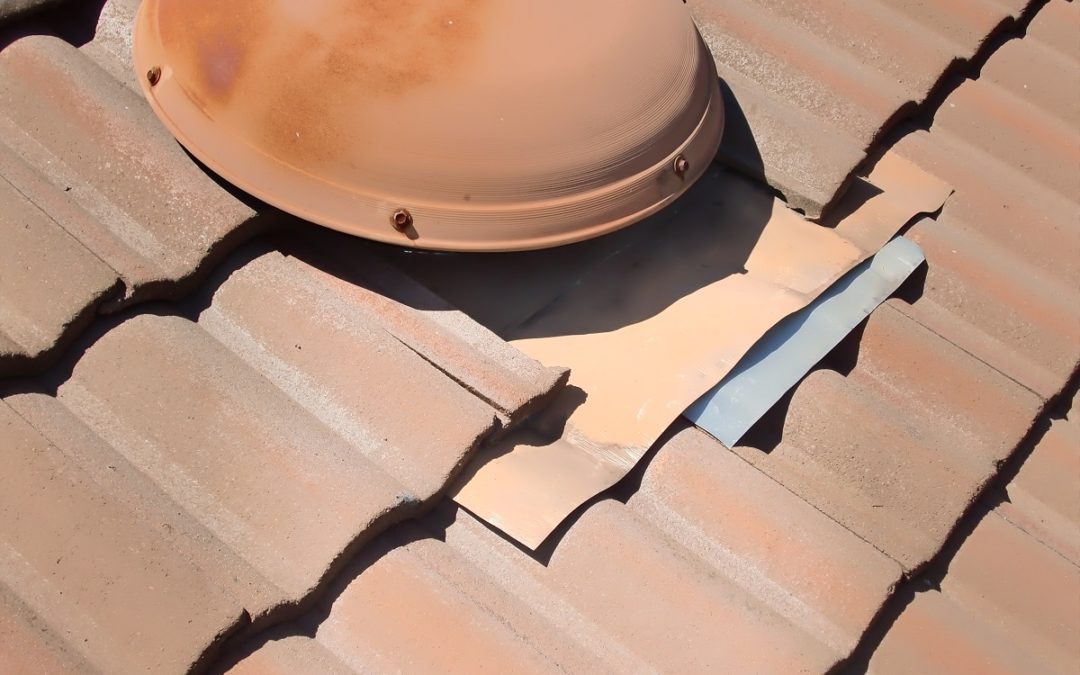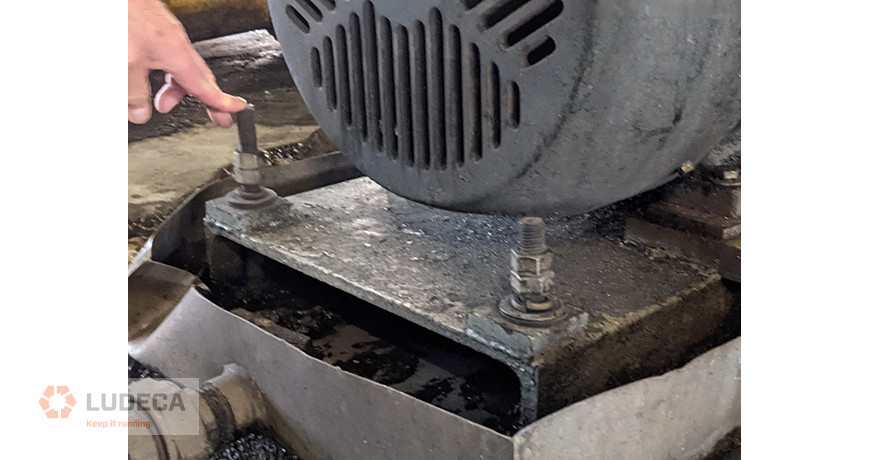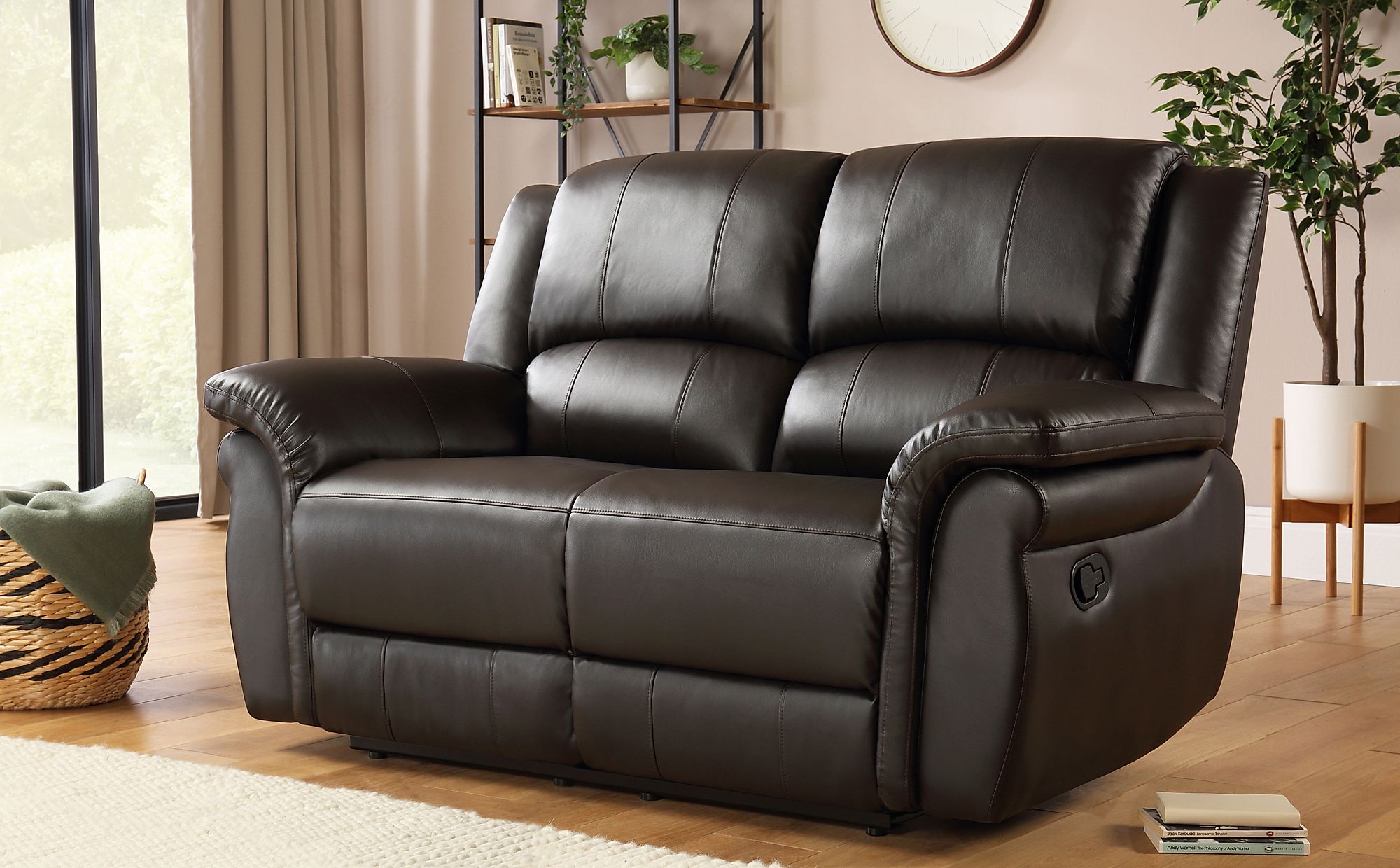If you're noticing a foul smell coming from your kitchen sink, the first culprit to consider is a clogged drain. Over time, food debris, grease, and other substances can build up in your pipes and cause a blockage. As a result, water and waste can't properly flow through, leading to unpleasant odors emanating from your sink. To prevent this, it's important to regularly clean your drain and remove any buildup. You can use a mixture of hot water and vinegar to flush out the pipes and break down any clogs. It's also a good idea to invest in a drain catcher to prevent food scraps and other debris from going down the drain in the first place.1. Clogged Drain
Another common cause of a smelly kitchen sink is bacteria buildup. As food particles and other organic matter sit in your drain, they can start to decompose and produce a foul odor. This is especially true if your sink is rarely used, as the stagnant water can become a breeding ground for bacteria and mold. To combat this, try pouring some boiling water down your drain to kill off any bacteria. You can also use a mixture of baking soda and lemon juice to deodorize your pipes and keep them smelling fresh. If the problem persists, you may need to call a professional plumber to thoroughly clean your pipes.2. Bacteria Buildup
One of the most obvious causes of a smelly kitchen sink is leftover food debris. Even if you use a garbage disposal, small particles of food can still get stuck in your pipes and start to rot. This can lead to a strong, unpleasant smell that can be hard to get rid of. To prevent this, always make sure to run your garbage disposal and use plenty of water when disposing of food scraps. You can also use a drain cleaner or a mixture of hot water and dish soap to break down any remaining food particles.3. Food Debris
Grease and oil can also contribute to a foul smell coming from your kitchen sink. When you rinse greasy dishes or pour cooking oil down the drain, it can solidify and stick to the walls of your pipes. This not only causes a bad odor, but it can also lead to clogs and other plumbing issues. To prevent this, try to limit the amount of grease and oil that goes down your drain. You can also pour boiling water down your sink once a week to help melt away any buildup. If you have a particularly stubborn clog, a plumber can use specialized tools to remove it.4. Grease Accumulation
A blocked vent pipe is another potential cause of a smelly kitchen sink. The vent pipe allows air to flow through your plumbing system, preventing negative air pressure and helping waste and water flow smoothly. If this pipe becomes blocked, it can lead to a buildup of sewer gases, which can cause a strong odor in your sink. To fix this issue, you'll need to call a professional plumber to inspect and unclog the vent pipe. They may need to use a specialized tool or even climb onto your roof to access the vent.5. Blocked Vent Pipe
In some cases, the foul smell coming from your kitchen sink may not be coming from your sink at all. It could be a result of a sewer gas leak in your plumbing system. These gases, which include hydrogen sulfide and methane, can be dangerous to your health and need to be addressed immediately. If you suspect a sewer gas leak, you should call a plumber right away. They can locate the source of the leak and repair it to prevent any further issues.6. Sewer Gas Leak
If your kitchen sink has a garbage disposal, an old or malfunctioning unit could be the source of the foul smell. Over time, food particles and other debris can get stuck in the disposal, leading to a buildup of bacteria and a bad odor. If your garbage disposal is old or not working properly, it may be time to replace it. A newer, more efficient model can help prevent odors and keep your sink clean and fresh.7. Old Garbage Disposal
In damp and dark environments, like the pipes under your kitchen sink, mold can start to grow. This can not only lead to a foul smell, but it can also be harmful to your health. Mold spores can aggravate allergies and respiratory issues, so it's important to address any mold growth in your plumbing system. To prevent mold growth, make sure to regularly clean and dry the area under your sink. You can also use a mixture of bleach and water to kill any mold that may be present.8. Mold Growth
If water is constantly standing in your sink, it can start to develop a musty smell. This can happen if your sink is not draining properly or if there is a leak in your plumbing system. Not only is this unpleasant, but it can also lead to mold and bacteria growth. To fix this issue, you may need to call a plumber to inspect and repair your pipes. They can also help you determine if there is a larger issue, such as a broken pipe or a clogged drain.9. Standing Water
In some cases, the cause of a smelly kitchen sink may be due to improper installation. If your sink or plumbing system was not installed correctly, it can lead to drainage issues, clogs, and other problems that can cause a foul odor. If you suspect this is the case, it's best to call a professional plumber to inspect your system and make any necessary repairs or adjustments. This will not only help get rid of the smell, but it can also prevent future plumbing issues.10. Improper Installation
Finding the Source of Foul Smell in Your Kitchen Sink

The kitchen sink is an essential part of any household. It is where we wash our dishes, prepare food, and even dispose of waste. However, nothing is worse than a foul smell coming from your kitchen sink. It can be unpleasant and embarrassing, especially when you have guests over. Not to mention, it could be a sign of a more significant issue in your house design. So, what could be causing this unpleasant odor and how can you get rid of it?

Kitchen Sink Drains and Traps
One of the most common culprits of a foul smell coming from your kitchen sink is the drains and traps. Over time, food particles, grease, and other debris can build up and cause a blockage in the pipes. This blockage can trap bacteria, which can produce a rotten egg-like smell. To prevent this, make sure to regularly clean your kitchen sink drains and traps with a mixture of baking soda, vinegar, and hot water. You can also use a plunger to dislodge any stubborn clogs.
Improper Ventilation
Another reason for a foul smell from your kitchen sink could be due to improper ventilation. When the sink is not adequately vented, it can cause a vacuum effect, which can push sewer gas back into your kitchen. This gas is not only unpleasant but also hazardous to your health. If you suspect that this is the issue, it is best to consult a professional plumber to install proper ventilation for your sink.
Leaking Pipes
Leaking pipes under your kitchen sink can also be the cause of a foul smell. When pipes are damaged or loose, they can allow sewer gas to escape into your home. This can not only cause a smell but also lead to water damage and mold growth. It is crucial to regularly check your pipes for any signs of leaks and have them repaired immediately.
House Design Flaws
In some cases, the foul smell coming from your kitchen sink could be a result of a house design flaw. For example, if your kitchen sink is not properly sloped, water may not be draining correctly, causing it to sit and become stagnant. This can create a breeding ground for bacteria and produce a foul smell. In this case, it is best to consult a contractor to assess and fix any house design flaws that may be causing the issue.
In conclusion, a foul smell coming from your kitchen sink is not only unpleasant but can also be a sign of a more significant issue in your house design. It is essential to address the source of the smell immediately to prevent any further damage and potential health hazards. Regular maintenance and proper ventilation can help keep your kitchen sink smelling fresh and clean.









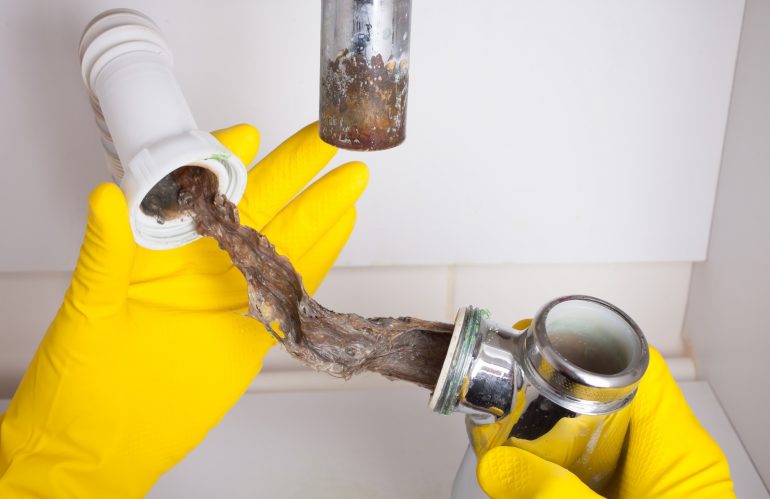



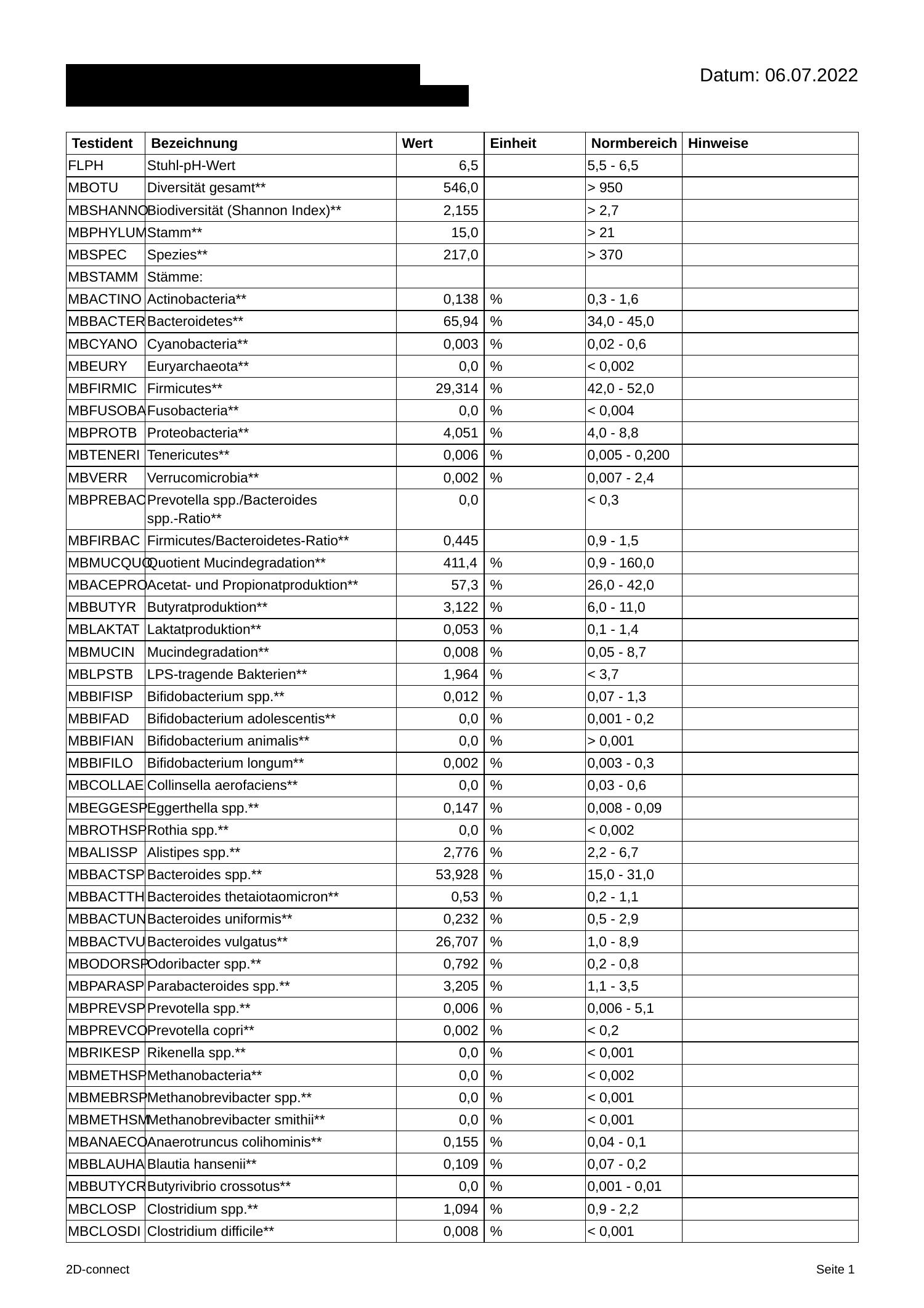




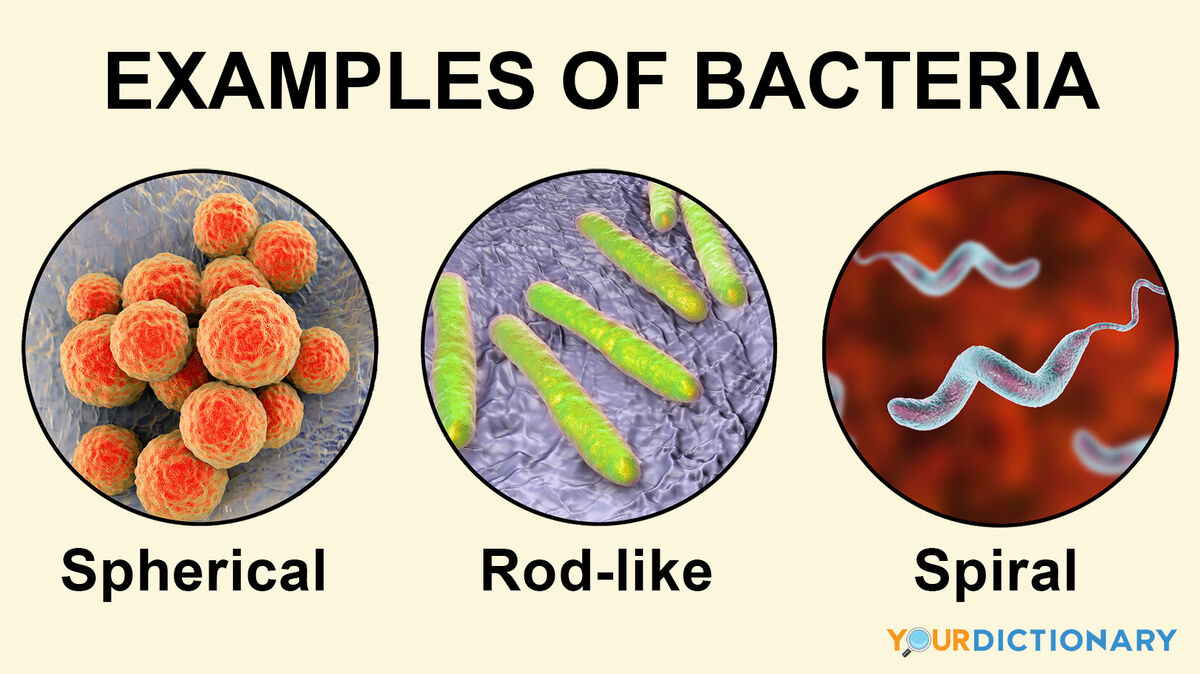

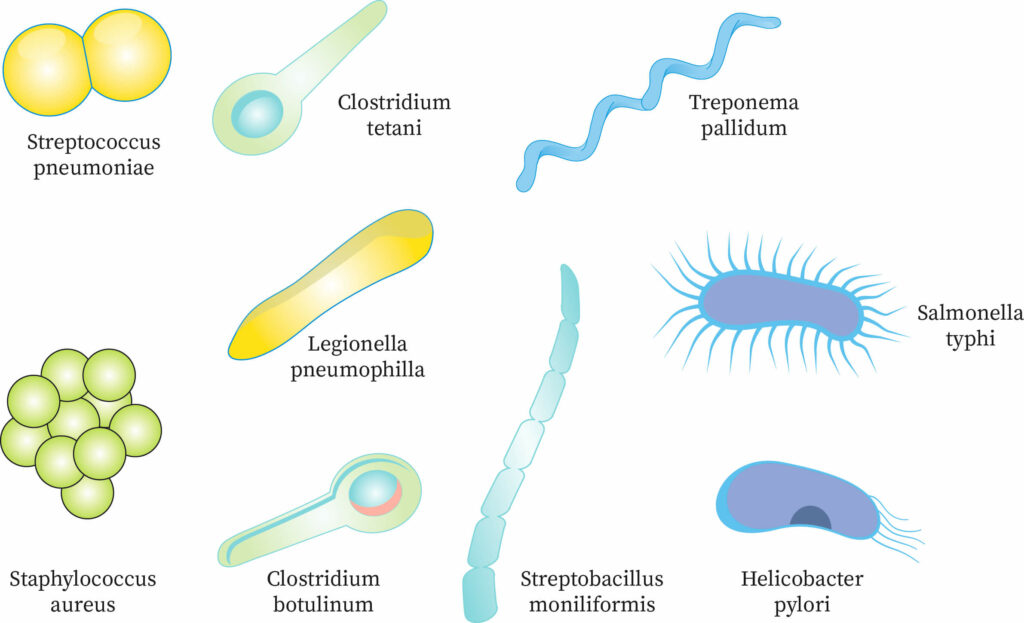
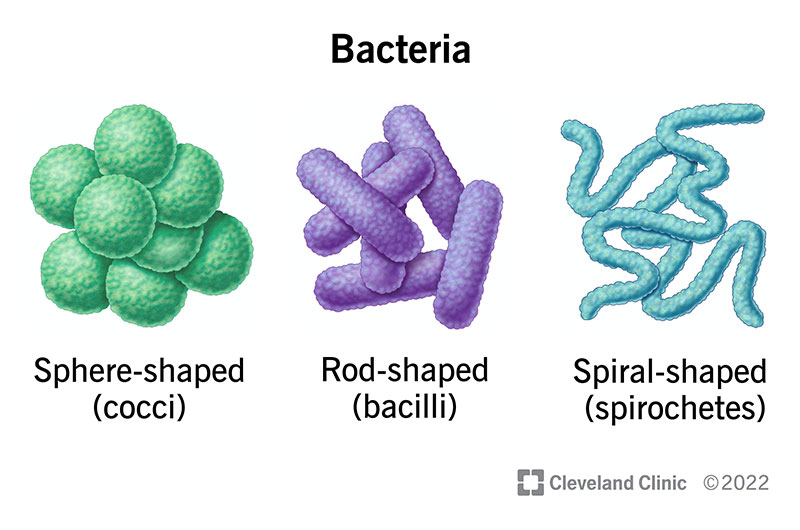




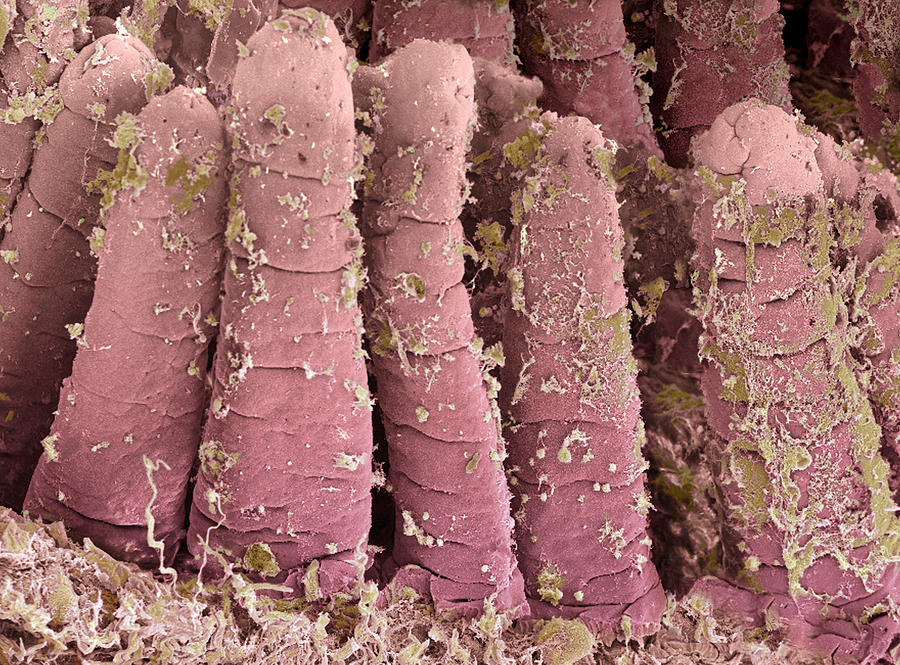









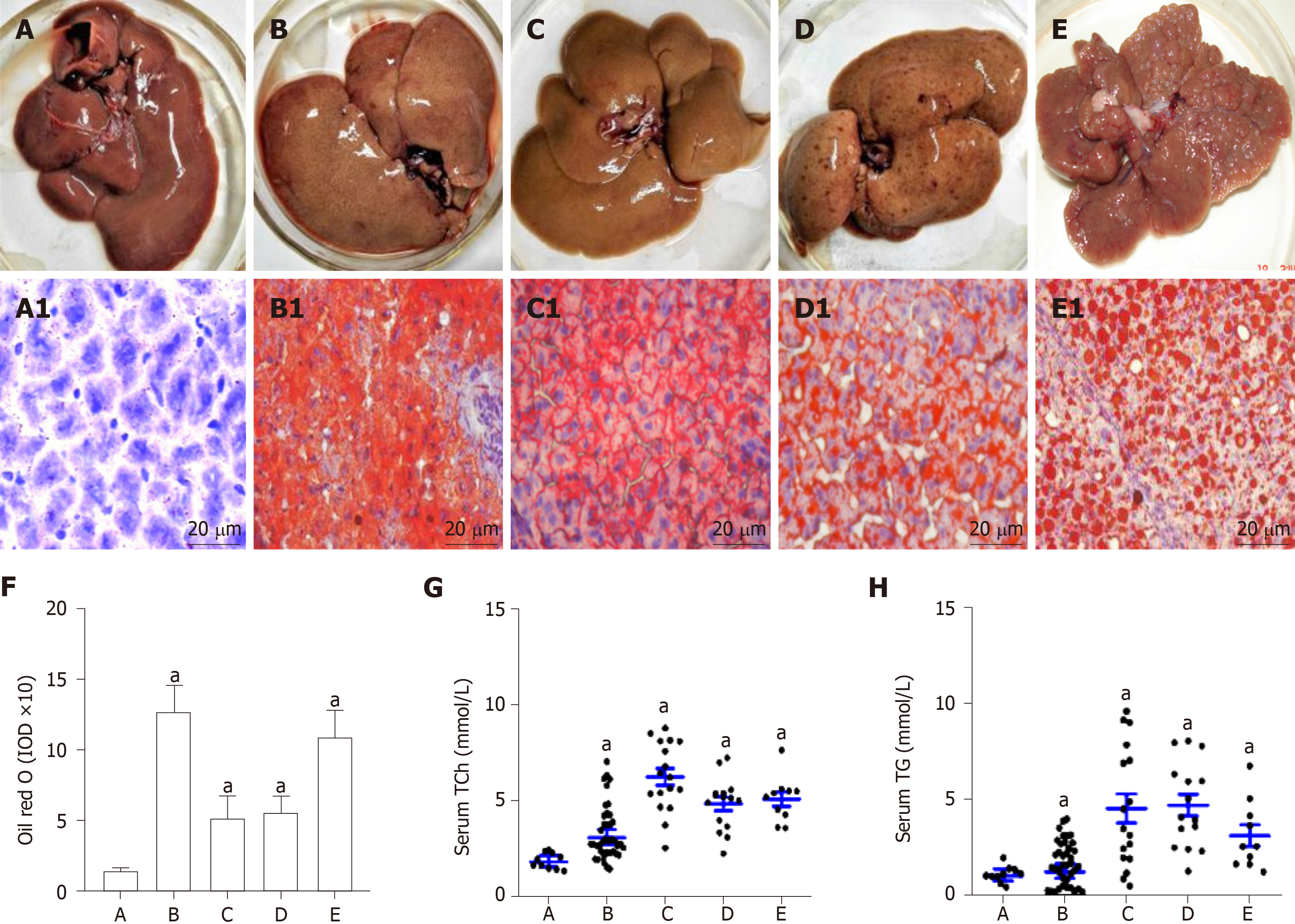



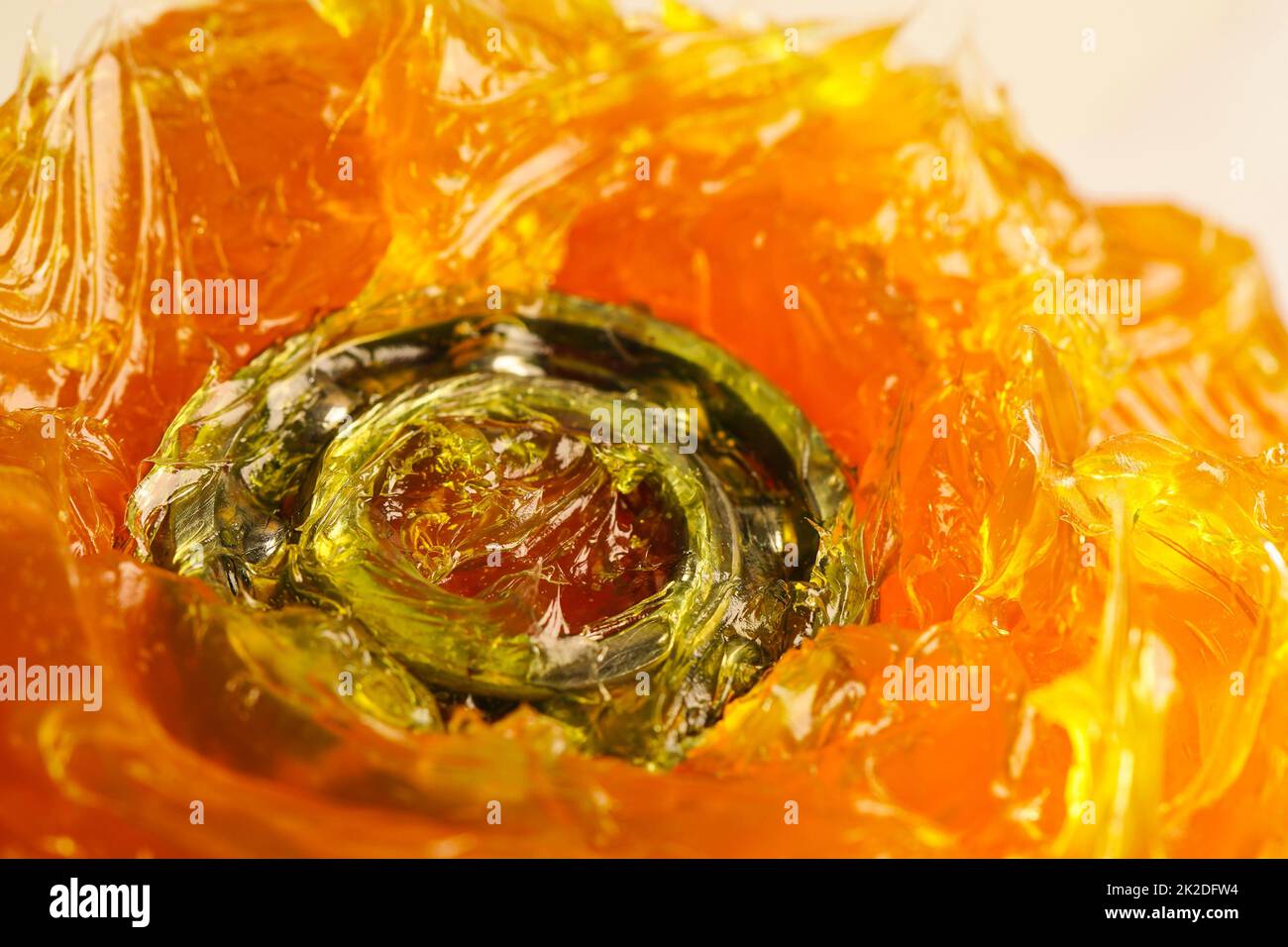



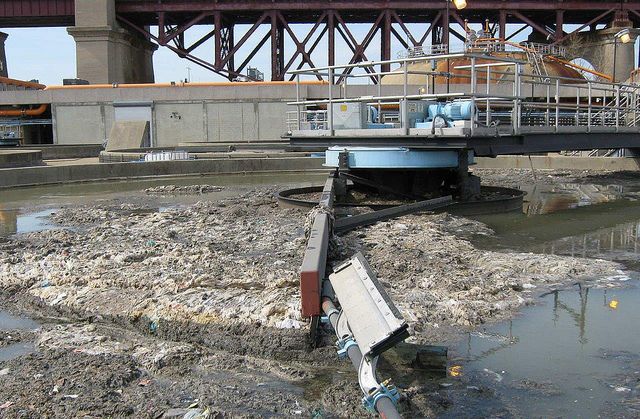

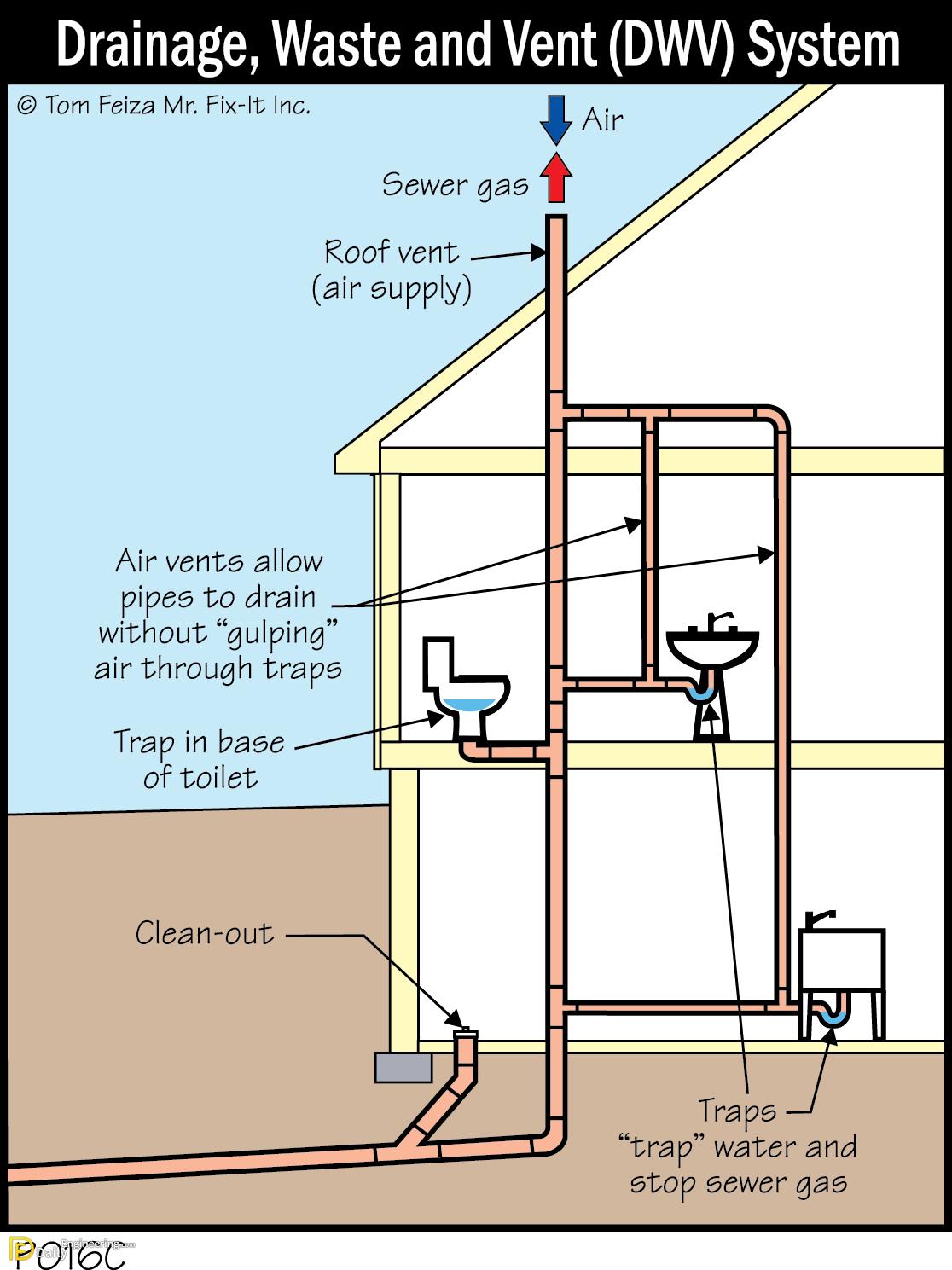


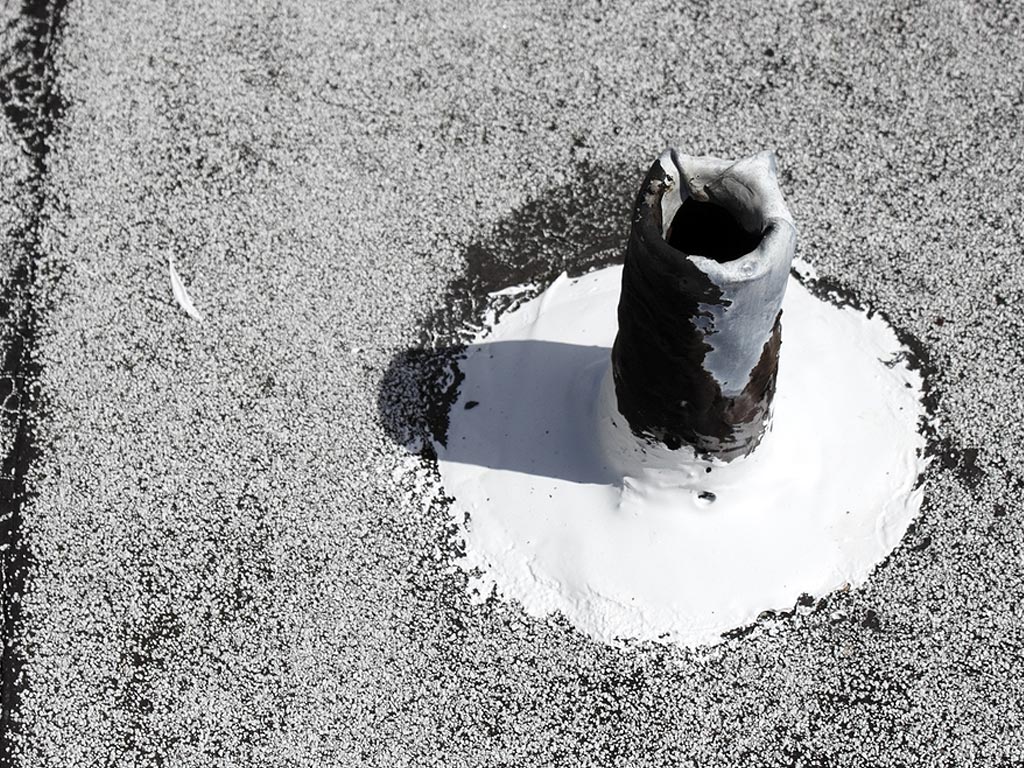

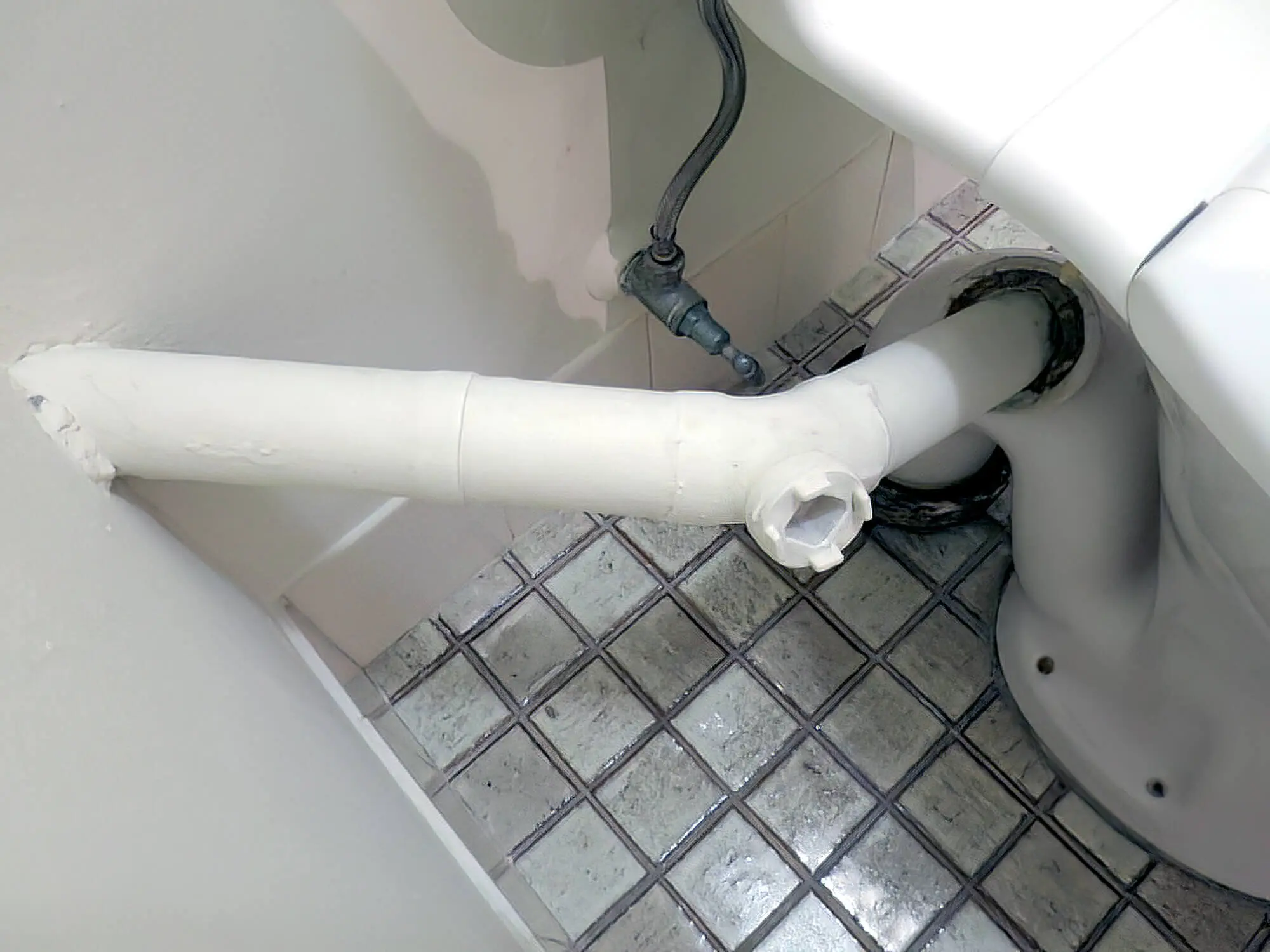
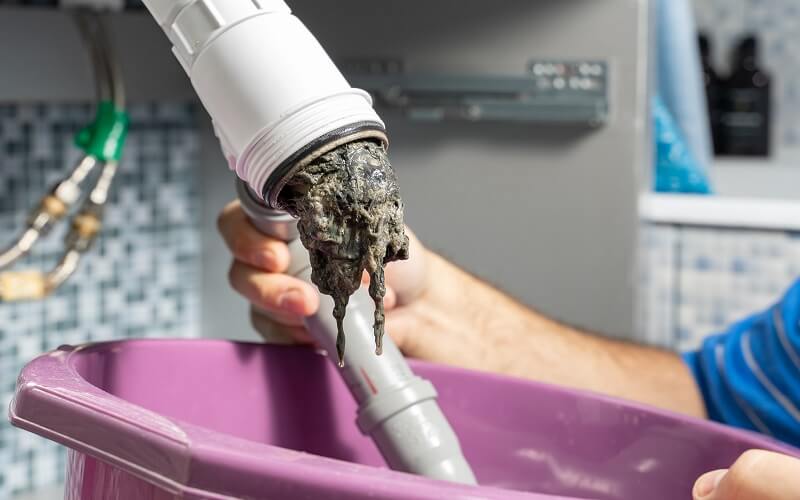



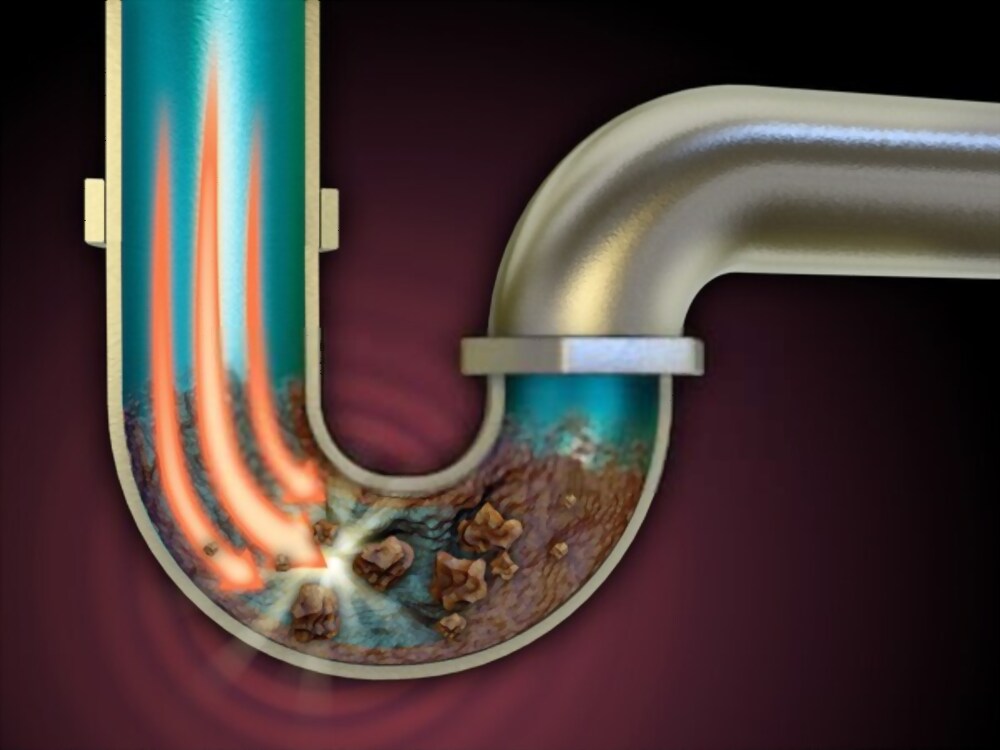





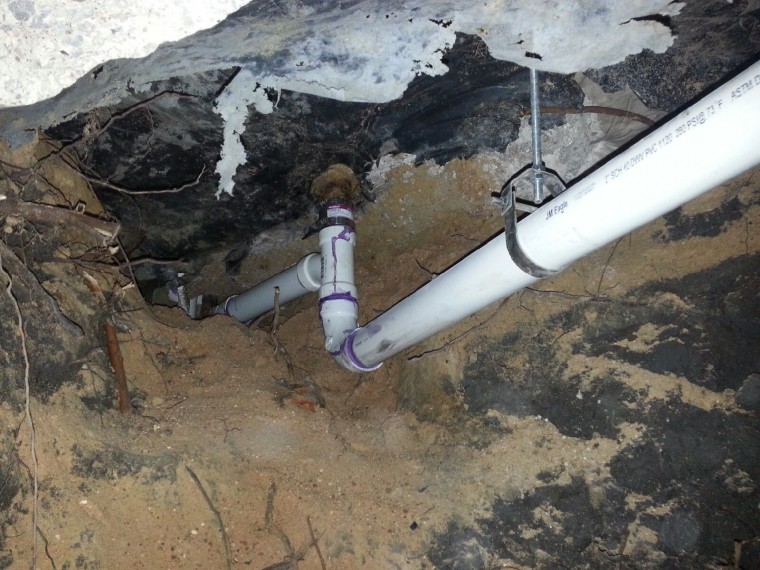




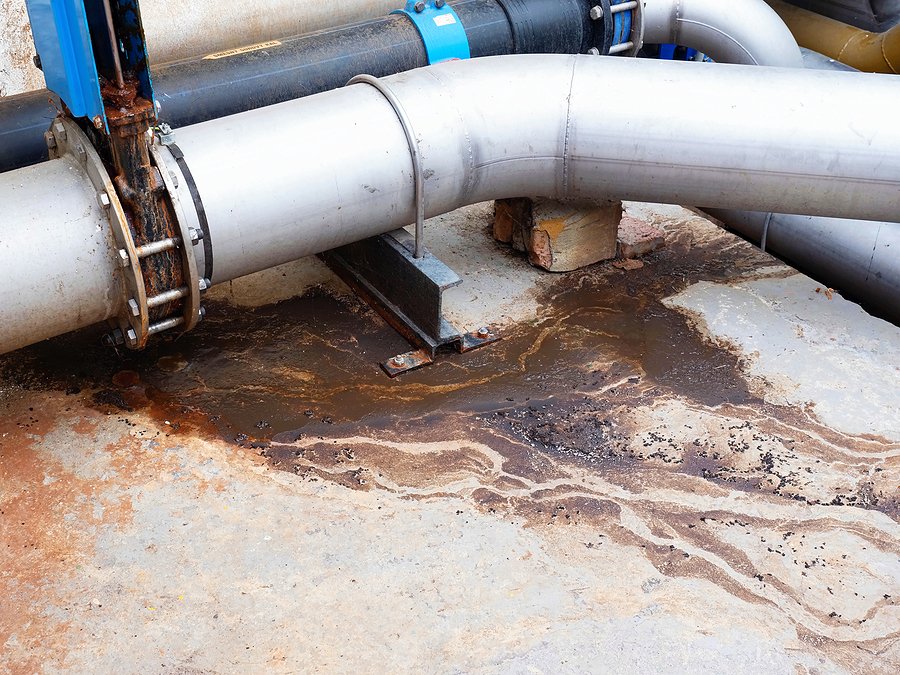

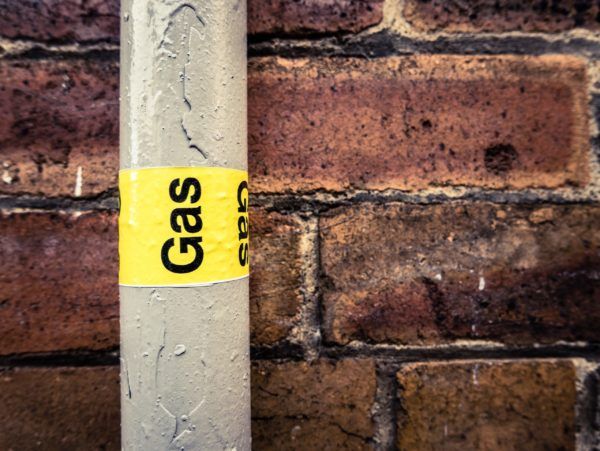
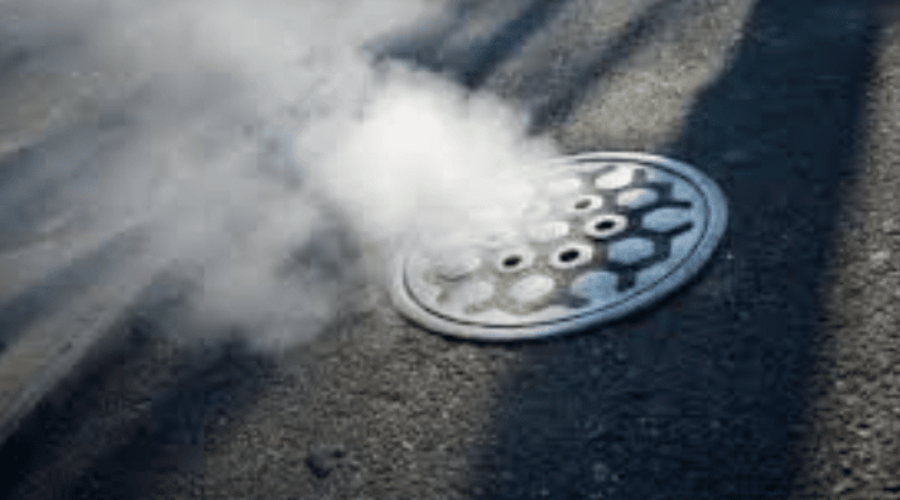
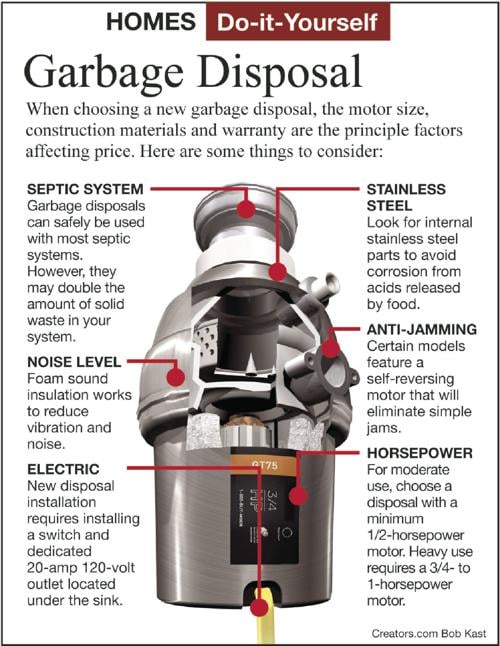


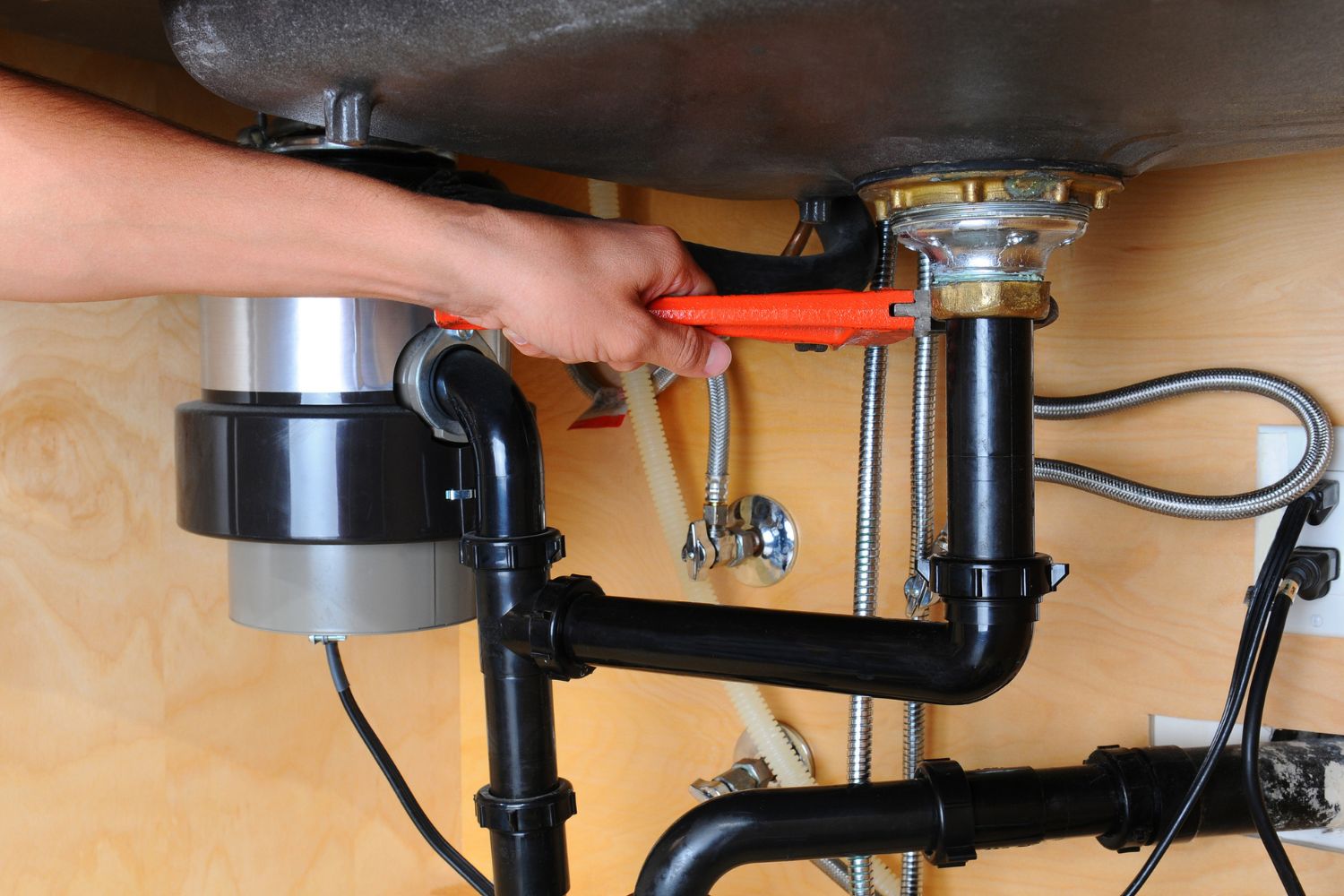
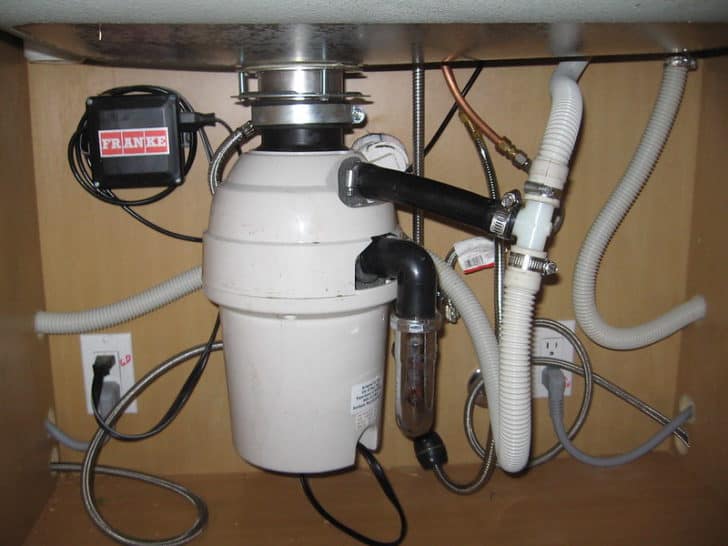
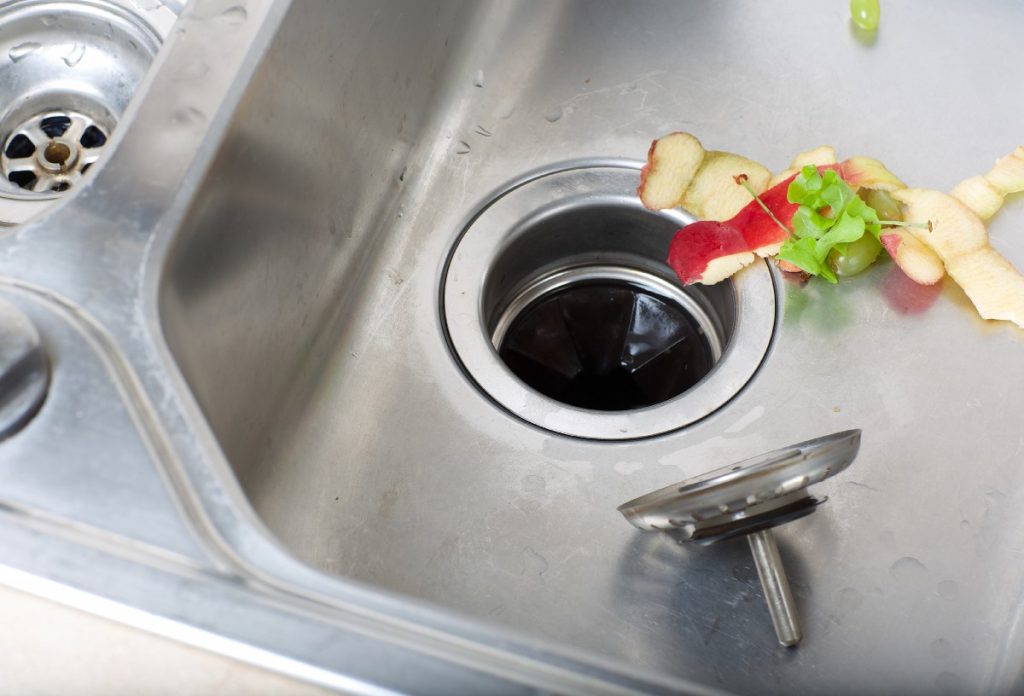
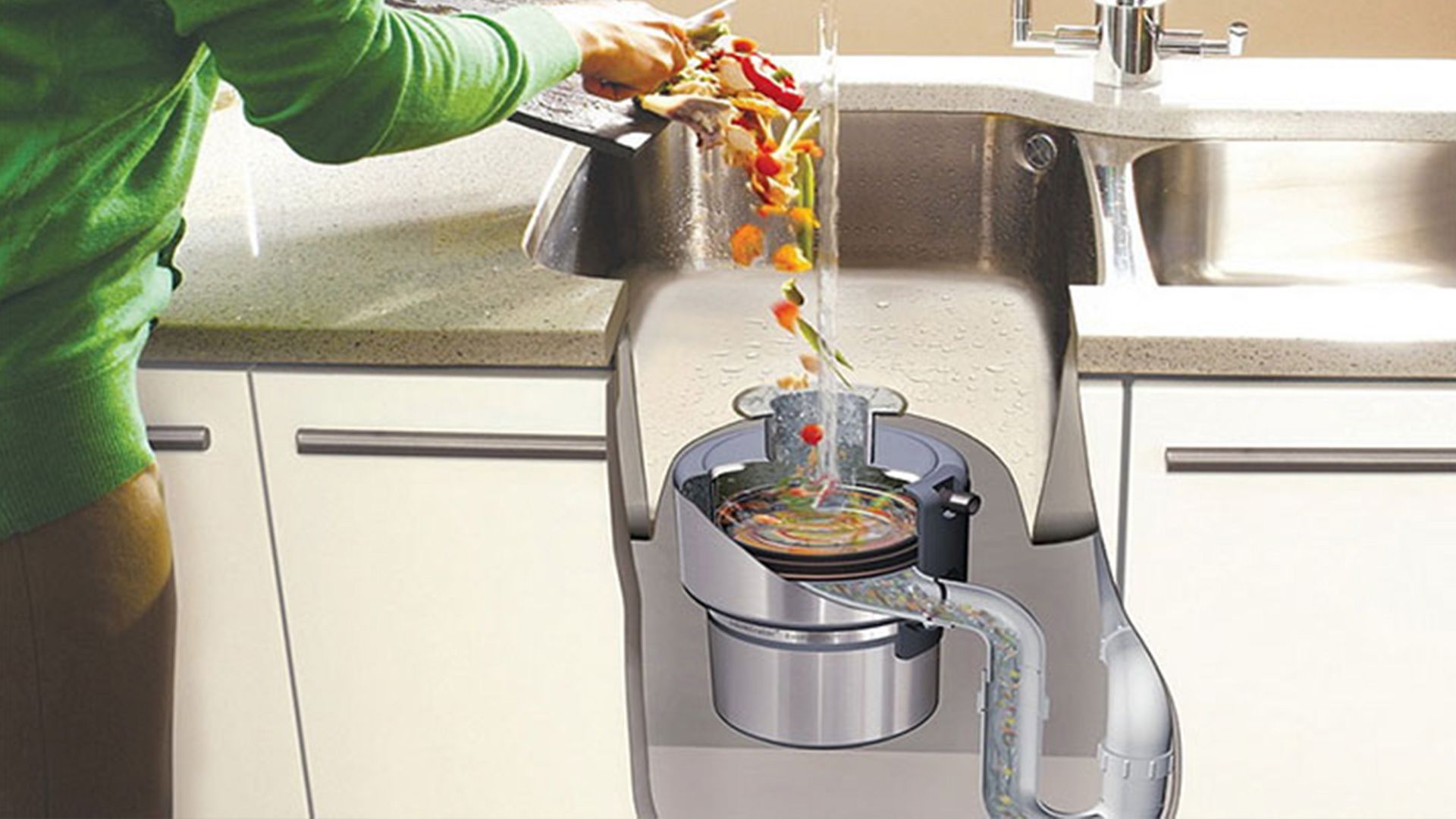
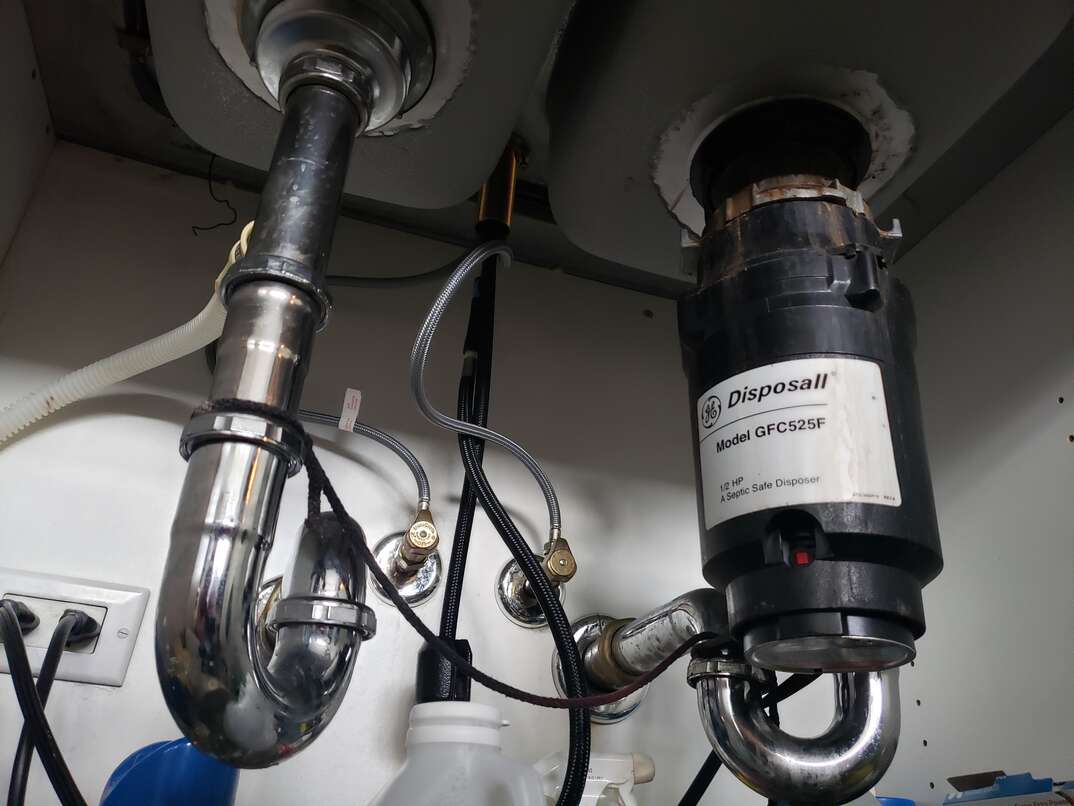
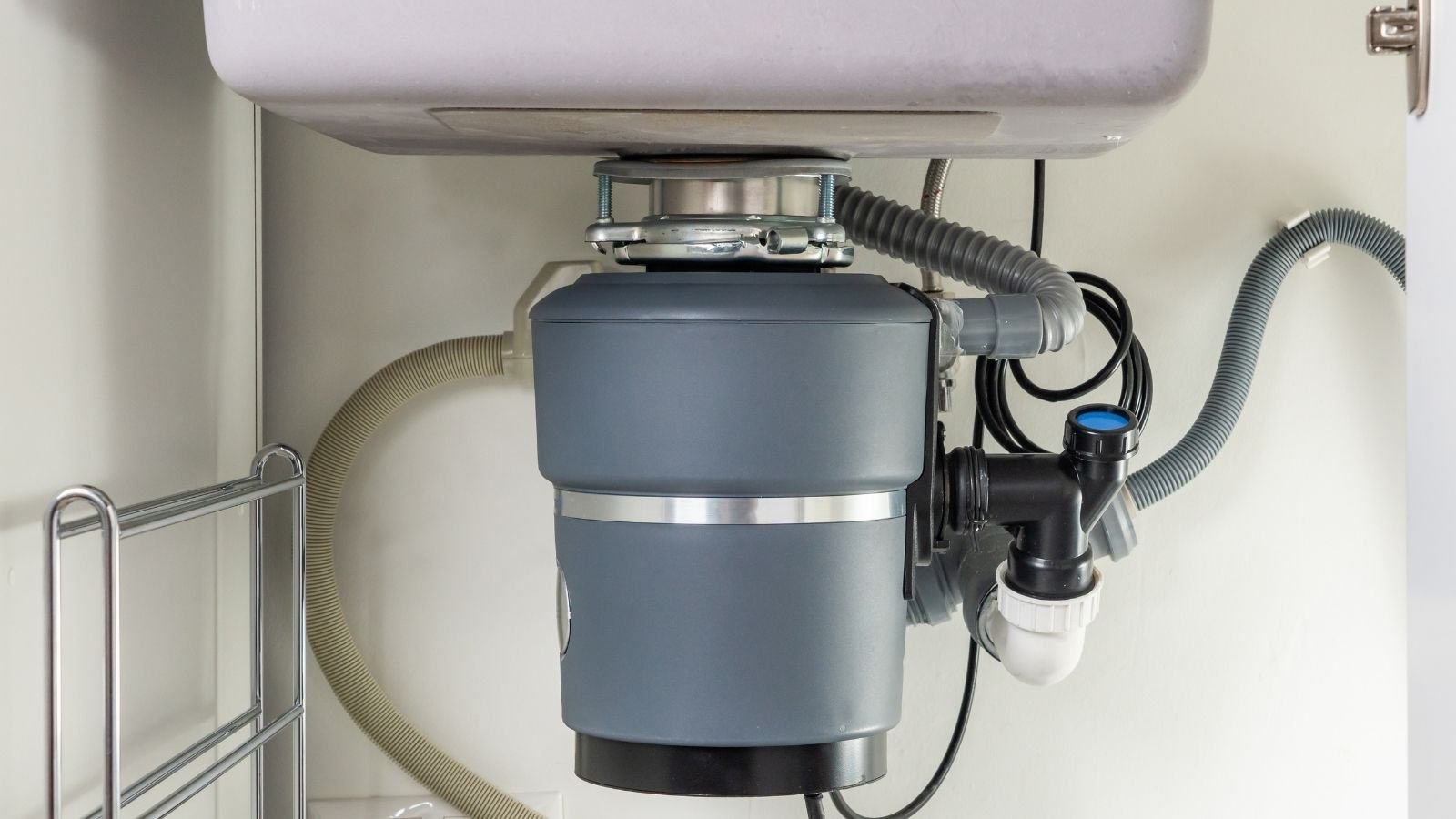

/cdn.vox-cdn.com/uploads/chorus_image/image/67063378/iStock_1216801664.0.jpg)
